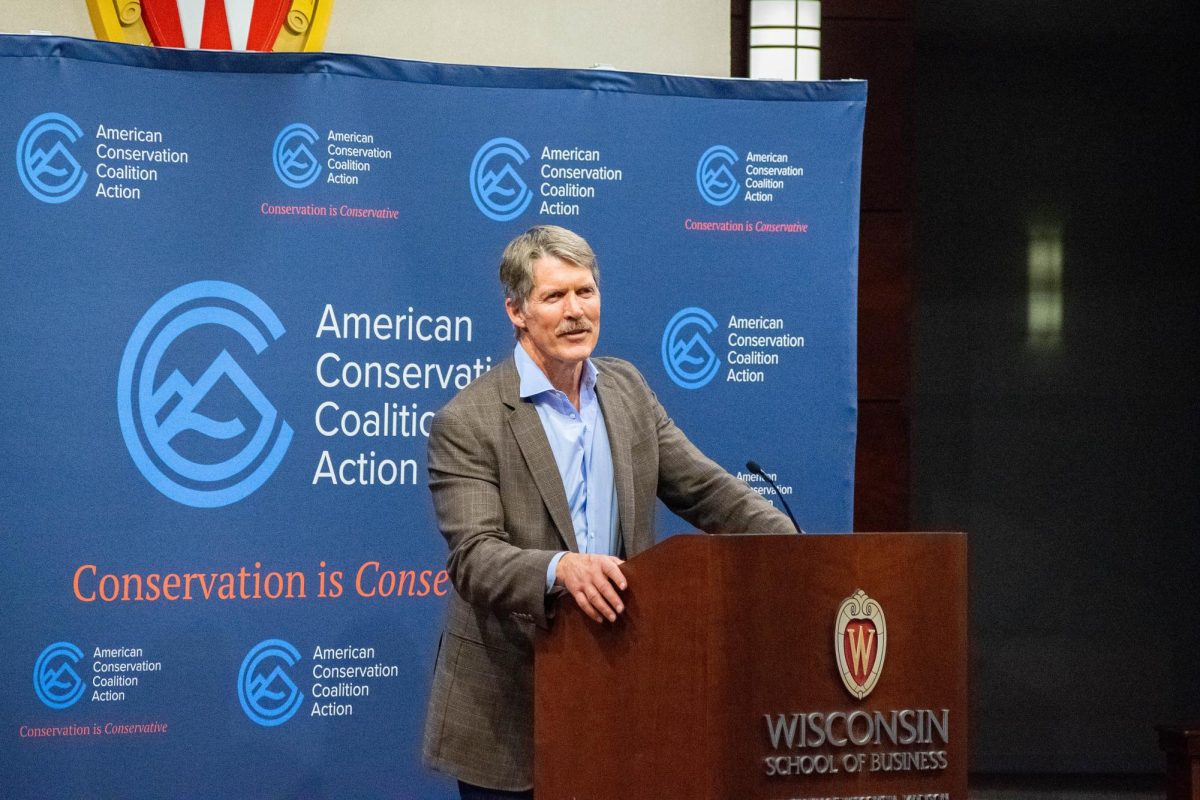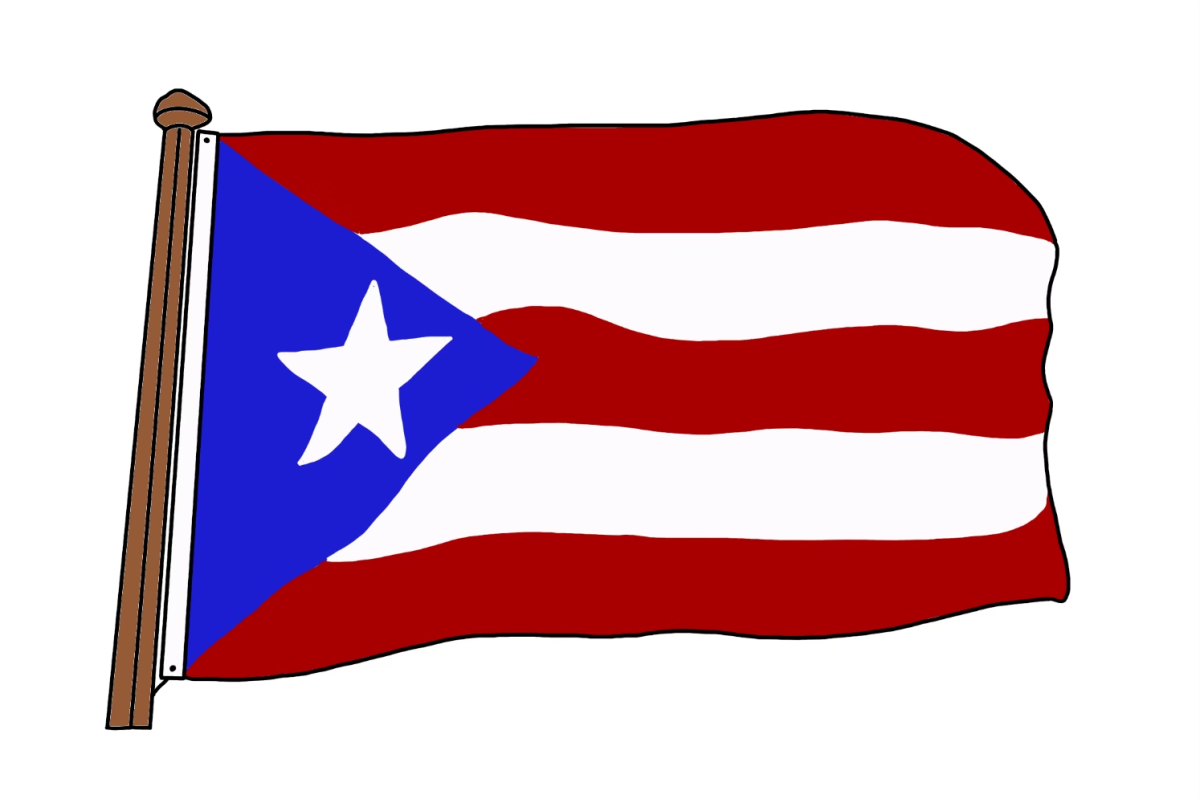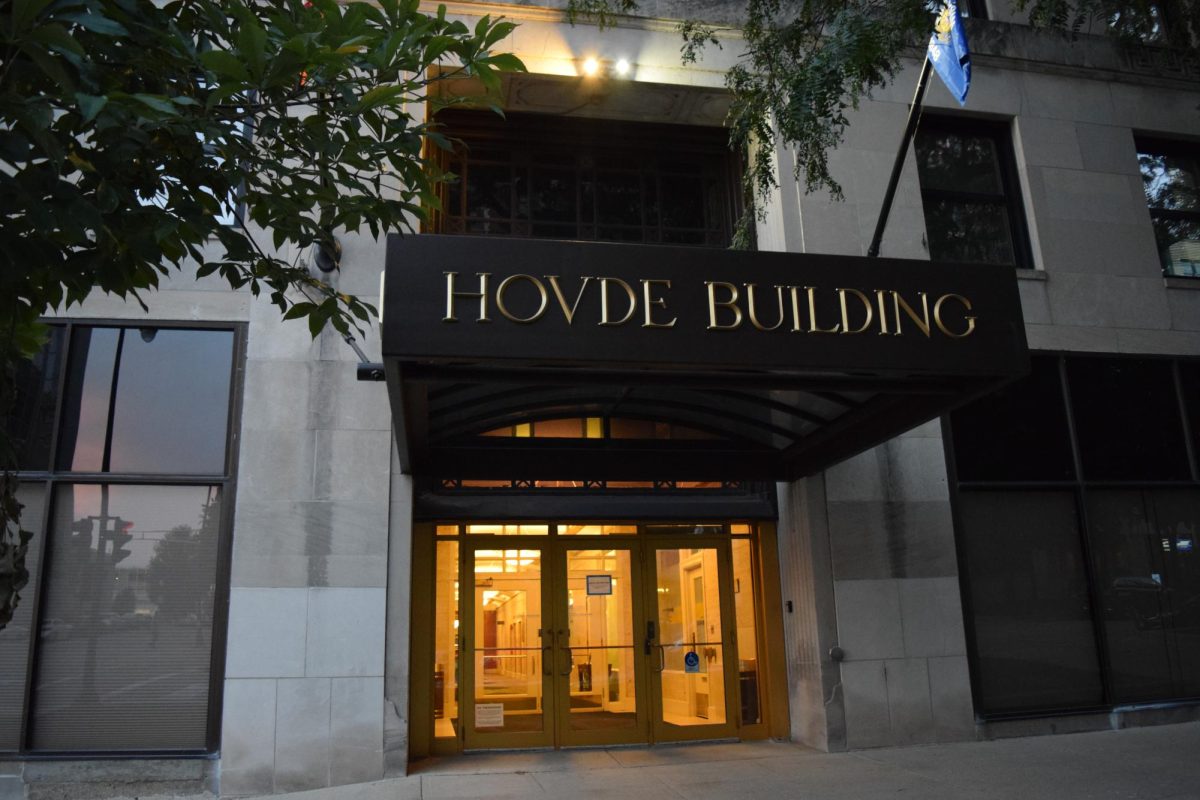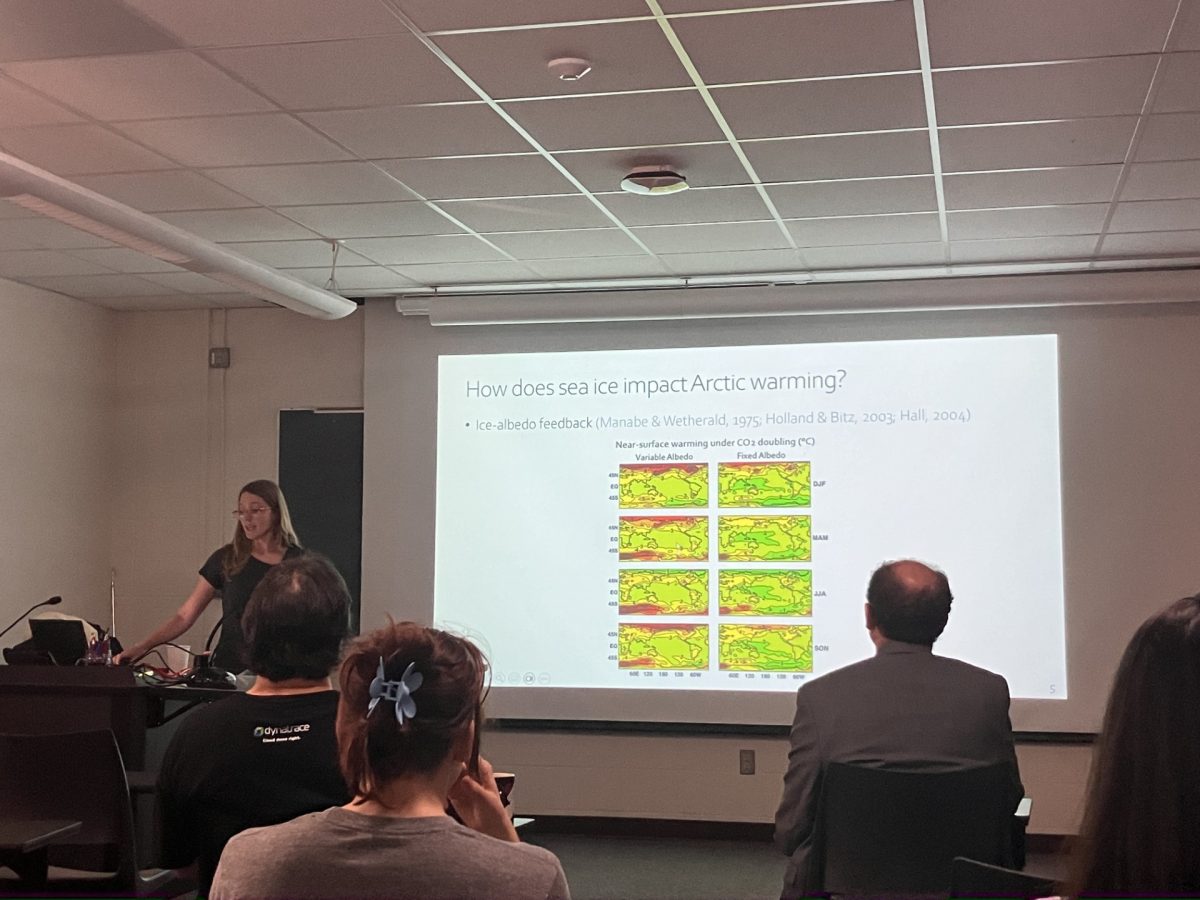WASHINGTON (REUTERS) — National security adviser
Condoleezza Rice told the Sept. 11 commission Thursday that four
U.S. presidents including George W. Bush failed to fully mobilize
against terrorism, but there was no “silver bullet” that could have
averted the deadly attacks on America.
In highly charged testimony that has taken on enormous political
importance, Rice, under oath and broadcast live to a national
television audience, clashed with Democratic members of the
bi-partisan commission over whether the Bush administration was
negligent in the summer before the hijacked airliner attacks.
“The terrorists were at war with us, but we were not yet at war
with them,” Rice said. “For more than 20 years, the
terrorist threat gathered, and America’s response across several
administrations of both parties was insufficient.”
“Tragically, for all the language of war spoken before September
11, this country simply was not on a war footing…There was
no silver bullet that could have prevented the 9/11 attacks.”
Commissioner Richard Ben-Veniste, a Democrat, was the first to
take Rice on, focusing on a briefing given Bush Aug. 6, 2001, at
which a document was presented titled “(Osama) Bin Laden Determined
to Attack Inside the United States.”
As members of the audience, including some family members of
9/11 victims, applauded, Ben-Veniste demanded the report be
declassified.
The White House said it was actively looking into declassifying
the 1 1/2-page document.
Commissioner Bob Kerrey, a former U.S. Democratic senator,
revealed some of the memo.
“This is what the Aug. 6 memo said to the president – that the
FBI indicates patterns of suspicious activity, and I’d say it’s
consistent with preparations for hijacking,” Kerrey disclosed.
Meanwhile, Bush called Rice, who will return to testify before
the panel in private, from his pickup truck on his Texas ranch
after the three-hour hearing to congratulate her.
But some family members of victims of the attacks expressed
anger.
“No one wants to take any responsibility,” said Bob
McIlvaine, whose son died when the World Trade Center towers fell.
“Three thousand people died, and all they want to talk about
is structural problems. They should be ashamed of
themselves.”
Rice’s calm and determined testimony came in the midst of a
bitter presidential campaign and in a week that has seen heavy and
widespread fighting in Iraq.
Bush had opposed creation of the commission and resisted calls
for public testimony by Rice until public and political pressure
grew too strong.
Responds to Clarke
Rice responded to damaging testimony by former White House
counterterrorism chief Richard Clarke, who told the panel Bush
ignored warnings about al Qaeda before the attacks and focused
mistakenly on Iraq afterward.
She sharply denied Clarke’s assertion that Bush pushed him to
find an Iraqi connection to the attacks, which killed nearly 3,000
people in New York and outside Washington. “I’m quite certain that
the president never pushed anybody to twist the facts,” she
said.
Clarke later told National Public Radio that he and Rice
differed over the same set of facts.
“She looks at it a little differently,” he said in the
interview. “She says having 33 meetings of her Cabinet-level
principals committee between January and September, and none of
them on al Qaeda, does not mean that al Qaeda was a low priority. I
say it is an indicator that it was a low priority.”
Clarke added that he requested permission to brief Bush on al
Qaeda “from time to time” beginning early in 2001. Rice told the
panel she did not recall such a request.
“What I was told every time…was you will have the chance
to brief the president on terrorism but only after we draft our
policy and we need to bring a decision to the president,” Clarke
said.
The 10-member commission split largely on partisan lines, with
the five Democrats sharply challenging Rice. Questions from the
Republicans sought to share responsibility for the attack with the
previous Clinton administration.







